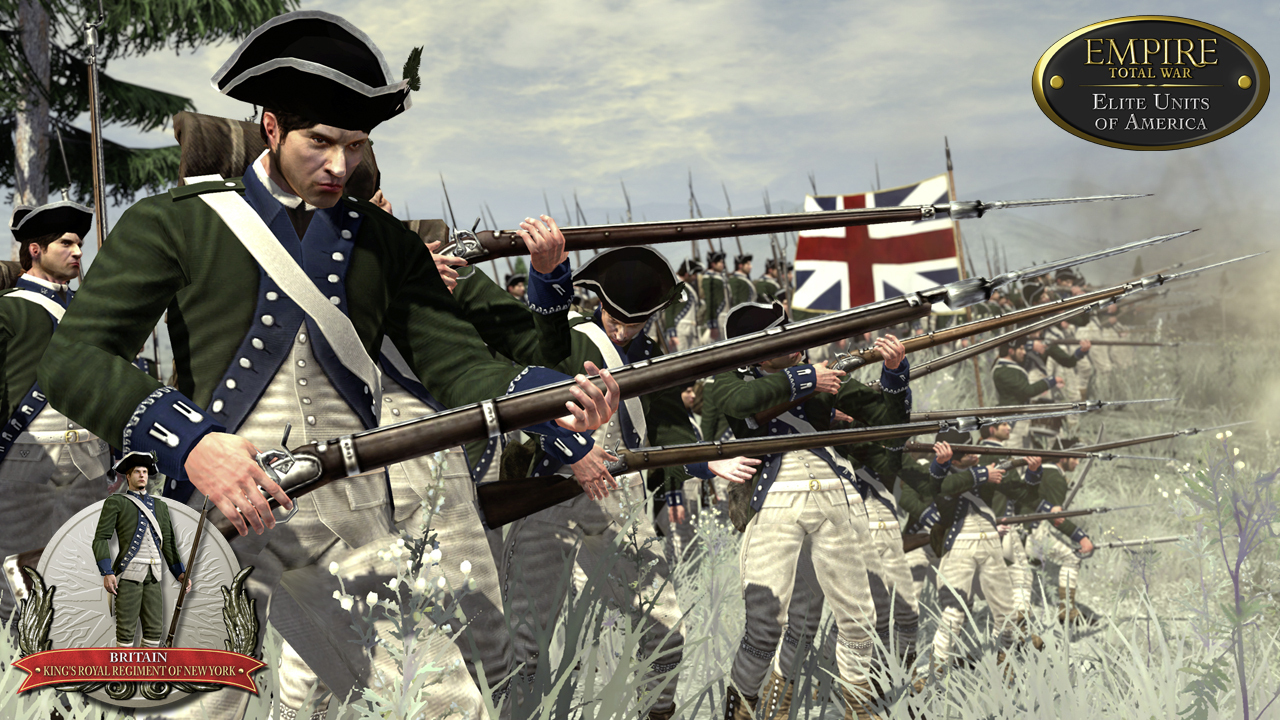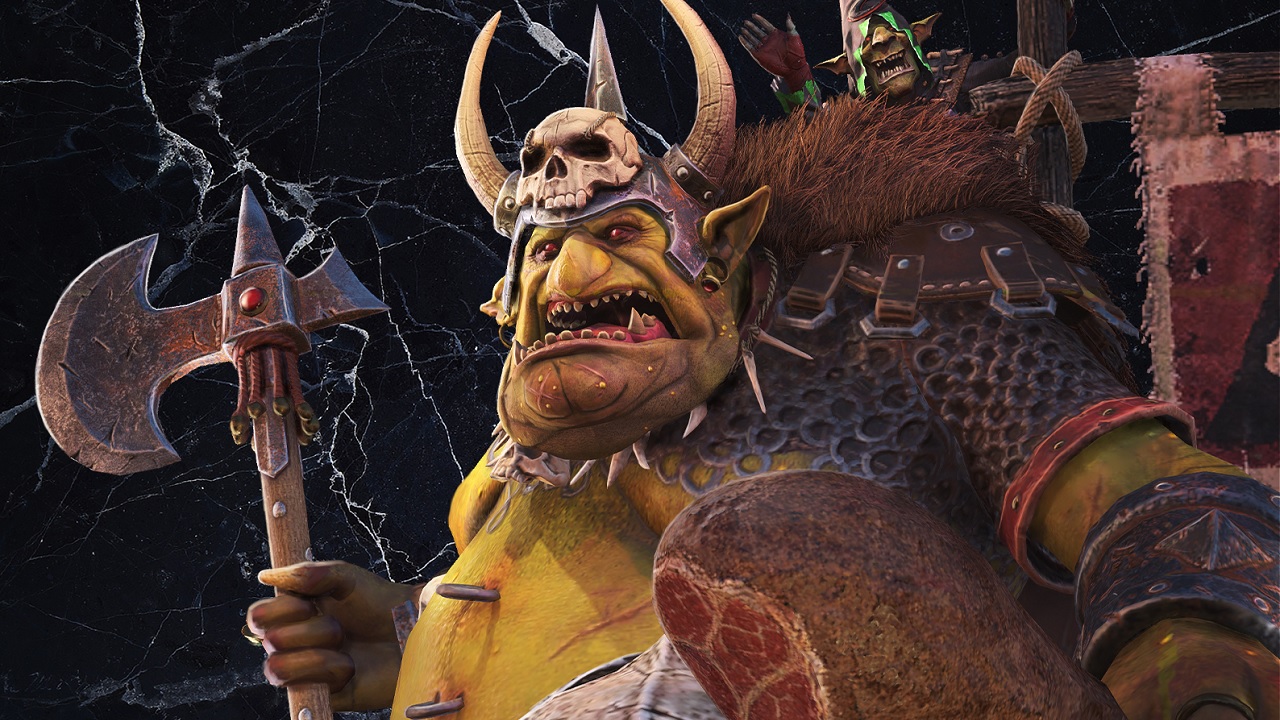

As well as the European theatre, the campaign map stretches west to include the Caribbean and much of North America and east to include the whole of India, as well as special trade areas such as the East Indies and the Ivory Coast.Īnother big change is the fact that regions have towns and other resource buildings spread around the landscape, unlike previous Total War titles where all a region's buildings were contained inside a single settlement. This was the time when Europe was extending its power across the world, and when the first truly global wars were fought. Russell: The most obvious difference is the sheer scale of the game world. RPS: What kind of changes have you made to the campaign map when compared to the previous games? Each government type has to be played differently if you are to avoid rebellion or revolution and the overthrow of the old order. We've put a lot of effort into enhancing how public order works, and the game includes unrest due to industrialisation, religious differences and intellectual advances, and different government types which have differing effects on each social class.

It was a time of tumultuous social change and upheaval, including the American Revolution and the French Revolution. Russell: It's the 18th century: the 1700s. RPS: How are the political changes of the era (I actually said 17th century, but I meant 18th century. You can read his rather detailed responses below. We were lucky enough to be able to put some questions to Russell. It's these two elements, as well as a desire to reflect some of the social changes (hiring generals rather than relying on hereditary feudal heirs, for example) of the 18th century, that motivate the designs implemented by Creative Assembly's lead on the project, James Russell. The 18th century setting is one of ranked, musket-heavy land armies, rip-roaring sea battles, complex revolutionary politics, and colonial ambition. Crucially, Empire: Total War drags the Total War series a couple of centuries closer to the modern age.

We chart some of the major differences between this and previous games, with particular attention paid to the turn-based campaign map and the radical changes brought about by the new game's battle engine. Some are built in history, and that's the subject of this latest interview: matters pertaining to the latest strategic behemoth from the British studio, Creative Assembly. Not all empires are built in intergalactic space, you know.


 0 kommentar(er)
0 kommentar(er)
